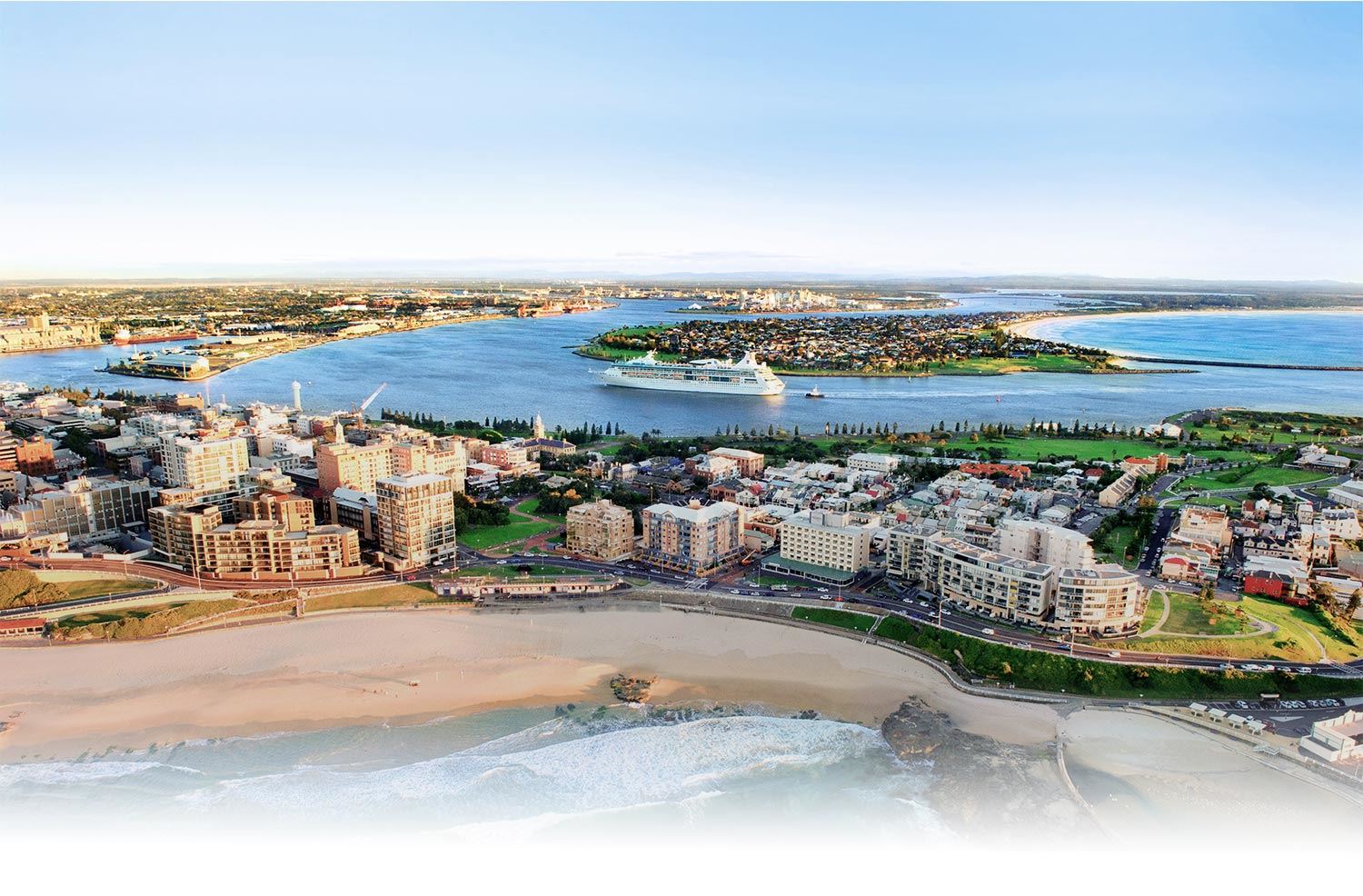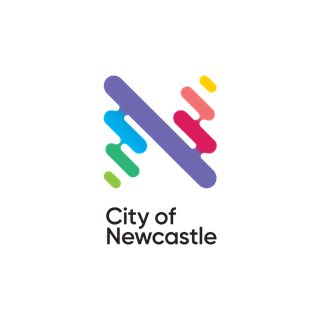
New model for Business Improvement Associations to go on public exhibition
11 Apr 2019
A potential new Business Improvement Association (BIA) for The Junction, reactivation of the Mayfield BIA and up to $100,000 in annual funding for each of the City’s existing four BIAs are among reforms recommended in a report to be considered by Council next week.
The Review of Business Improvement Associations (BIAs) in Newcastle, which Council will consider for public exhibition on 16 April, recommends that all Special Benefit Rate Levy (SBRL) funding above $100,000 be opened up to the community for awarding.
Under this arrangement, up to $800,000 will later this year be allocated to a free market of ideas to deliver events and projects in the City Centre, Hamilton, Mayfield, Wallsend and New Lambton.
In addition to secured funding of $100,000, BIAs will also be eligible to apply for grants from the contestable funds.
City CEO Jeremy Bath said grant applications will be considered if a community group has a project or event that meets the strict objective of defraying the cost of promoting, beautifying or developing the City Centre (including Darby Street), Hamilton, Mayfield, New Lambton or Wallsend.
“AECOM’s report provides a strong rationale for the proposed changes to the BIA structure, which I believe is a necessary and natural step to support the city’s changing economic climate,” he said.
“Since the BIAs were formed almost a decade ago, Council has become far more strategic in its planning. It’s critical that the work funded by the BIAs support our Events Plan and Destination Management Plan as well as the Greater Newcastle Metropolitan Plan.
“BIAs have the potential to play an important role in partnering with the City to deliver exciting initiatives that stimulate activity in areas including the CBD, Wallsend, Mayfield and Hamilton.
“The BIAs have collectively received more than $8 million from ratepayers since 2012. However, some of the BIAs have struggled to maximise the return on the funds they have been provided. Competition is what is now needed to bring about fresh ideas for how this money is best invested in the activation of these areas.
“Financial information from the BIAs confirm an excessive amount of ratepayers’ money has been allocated to employing staff, paying rent, hiring consultants and even on projects occurring outside their precinct.
“By introducing competition, we’ll see a number of dynamic new events and projects arise throughout the city.
“I expect the BIAs to respond positively to the requirement to compete for some of the funds they were previously the exclusive recipient of. The difference is that the BIAs will now need to demonstrate that their ideas are indeed the best ideas.
“AECOM has relied on financial data provided by the BIAs to form its recommendations. The financial records of Hamilton and Wallsend show that when administration and contractor costs are removed from their annual expenses, they invest around $100,000 annually into the delivery of local events.
“This means in the case of the Hamilton BIA sufficient funding will exist to continue delivering events such as Beaumont Carnivale, China Week and the Supercars Street Parade.
“In the case of Wallsend, they will also be able to continue funding the Wallsend Winter Fair and the Back in Time Festival.
“The change in funding will however significantly affect Newcastle Now. I’ve previously made clear my expectation that Newcastle Now should be spending their funding on events and projects rather than employees.
“Their audited annual financial statements confirm that approximately $1.5 million has been spent on employees during the past few years. If you need to spend hundreds of thousands of dollars employing people to deliver a project then you are delivering the wrong type of event.
“An independent investigation into Newcastle Now last year found four significant breaches of the funding agreement it signed with Council in 2011.
“Newcastle Now’s failure to lodge an annual business plan is well known. What is less known is that Newcastle Now is required to hold all funds it receives on trust for Council in a separate trust account. Although Newcastle Now did establish such an account, there was no evidence this account was held on trust for Council.
“Further, the investigation found Newcastle Now has routinely transferred funds from the Investment Account into its working account. This meant that money paid by ratepayers became co-mingled with general expenses.
“Newcastle Now was also required to keep accurate records and accounts in relation to its use of the Special Rate monies for at least seven years. The investigation found that there are no records or accounts of actual project expenditure beyond the initial 2 years of the agreement with Council.
“Newcastle Now, like any other applicant for the contestable funding, will need to demonstrate that they now have a strong and transparent structure in place that ensures every dollar of ratepayers’ money is used in strict accordance with any future agreement with Council.”
To view the report going to Council on Tuesday, visit http://www.newcastle.nsw.gov.au/Council/About-Council/council-meetings.













